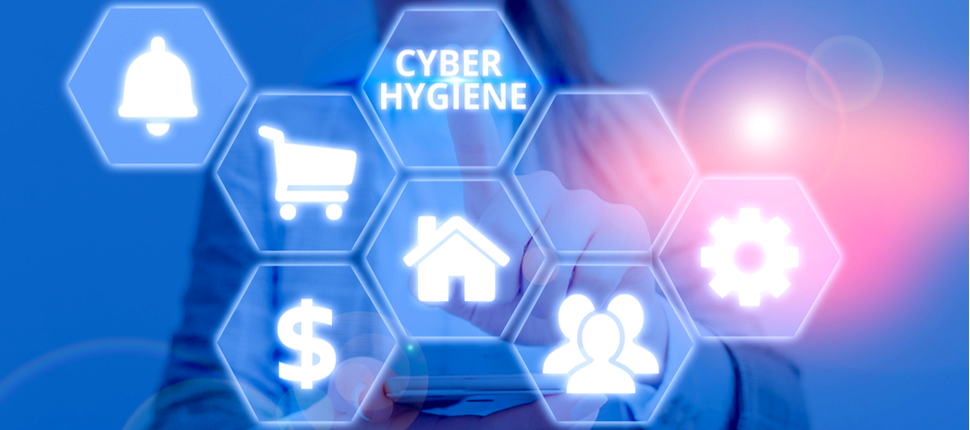Cybersecurity Hygiene: A Learning From Home Perspective

With social distancing, young students are learning from home everywhere. This is great news for parents worried that their children will lose an entire academic year because of the pandemic. But this is great news for cybercriminals as well. It offers yet another vulnerable group they can target to infect personal computers. Cybercriminals prey upon the naivete of children as well as their tendency to be easily influenced.
It’s extremely important that kids follow a cyber hygiene routine to keep cyberattacks at bay.
Here are a few steps to build up that routine:
1. Be aware that someone wants your personal/sensitive data
The first step towards ideal cybersecurity hygiene is being aware that there are cybercriminals out there who are targeting children. Your duty as a parent is to make your child aware about the dos and don’ts of sharing information online. Make it very clear to them that they shouldn’t share any personal information online. In the event they think they absolutely must share certain information, make sure it is with a trusted source or a secure website.
2. Treat all emails with suspicion
The reality is that most malware infections are caused by malware that arrived through email. These messages are often part of a phishing campaign asking the recipient to download an attachment or document that will offload malware on your computer. Alternately, the message asks you to click on a link leading to malware. When your kids are learning from home, they will receive plenty of emails from their teachers, school administrators, and even classmates. Among these messages will be phishing emails. They will appear to be from trusted sources but aren’t. These emails will try and convince them to download, for example, important school-related material or to click on a link to a critical learning resource. Unfortunately, these downloads are designed to infect your computer with malware.
Ask your kids to avoid blindly clicking on links or downloading an email attachment. Take extra precautions before opening or taking action on an email.
3. Maintain caution while browsing
Parents need to make sure their kids don’t visit websites they shouldn’t. Many unproductive sites are the home of malware – the sort that doesn’t ask for permission to download. Kids are easy targets for aggressive advertisement on these sites. They prompt unsuspecting young users to download infected apps or software. This opens the gateway for an infection.
Here’s a horror scenario: you are working from home, and your kids download games on your computer. One game includes a keylogging software. Result: a bad actor has your username and password information.
This is a very real situation, and one of the reasons why it’s so important to educate children about cyber threats. Teaching them to stay away from sites that host harmful and illegal content protects you and them. Help keep them safe by limiting access only to those sites that aid their learning efforts. Or, in the event they do visit gaming or entertainment sites, teach them to look for lock icons before their domain name. Trustworthy sites only – that must be the mantra.
4. Social media hygiene
Think of this as an essential subset of cybersecurity hygiene. The average age kids sign up for social media accounts is 12.6 years! It’s easy to imagine how this adds to their susceptibility to social engineering attacks.
Children might strike up a friendship with a cybercriminal with a fake user profile and unwittingly share important personal information They might open a malicious link shared on Facebook messenger. The nature of social media enables cybercriminals to target young users in many innovative and effective ways. It’s your job as a parent to ensure your kids are aware of the various dangers lurking on social media. You’ll also want to monitor their activity.
Let a comprehensive cybersecurity solution help
Despite your best efforts, you might not be able to control the content your children access online. Therefore, deploy a cybersecurity solution that has comprehensive parental web filtering. This will enable you to control the kind of content your children have access to online. You can filter categories based on potentially inappropriate content, social networking sties, and much more.
It’s also important to use a solution that takes a proactive approach to security. It must go beyond just protecting your computer from known malware, and actively seek out and analyze suspicious behaviors and activities. This approach includes using Sophos Antivirus security solutions and must be backed by real-time threat intelligence to protect your computer from new and developing viruses, malware, ransomware attacks, application, and all kinds of other advanced threats.